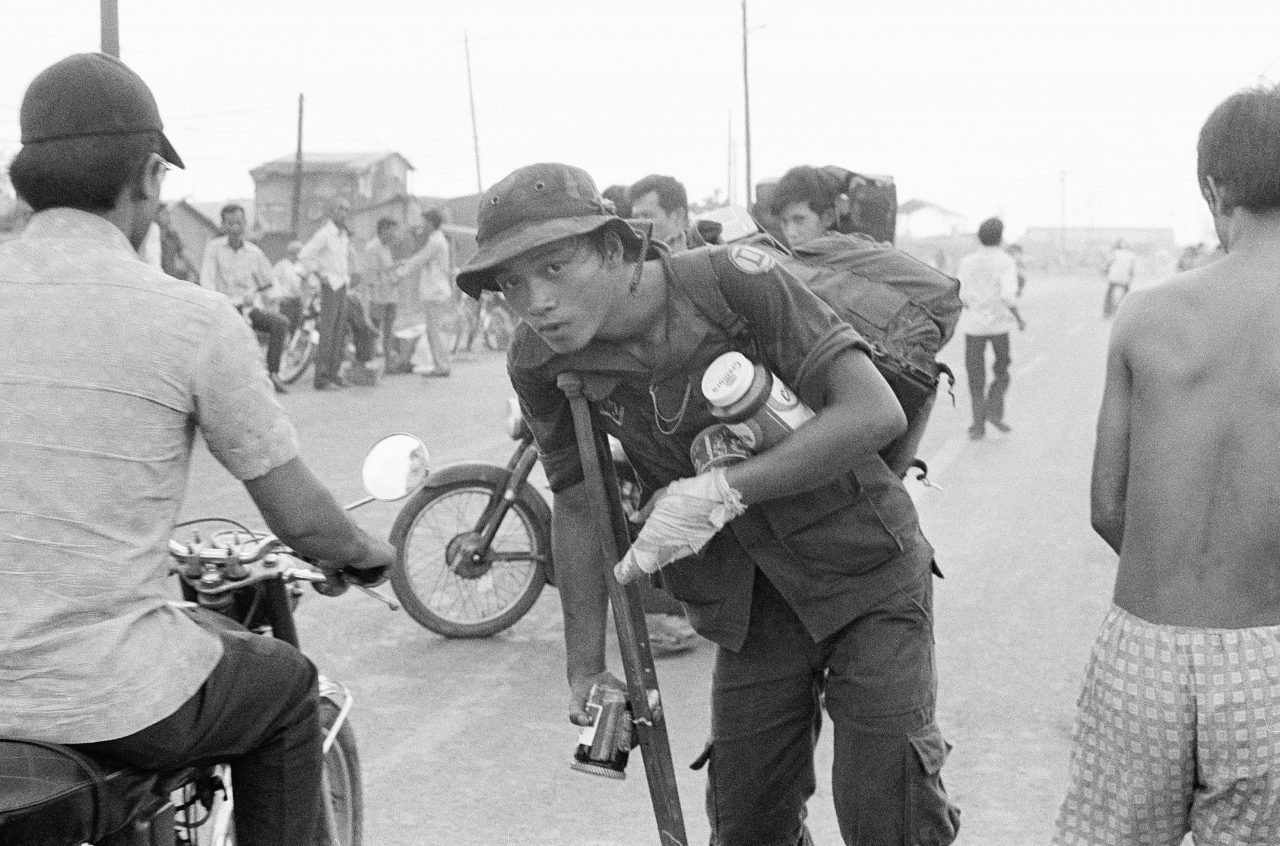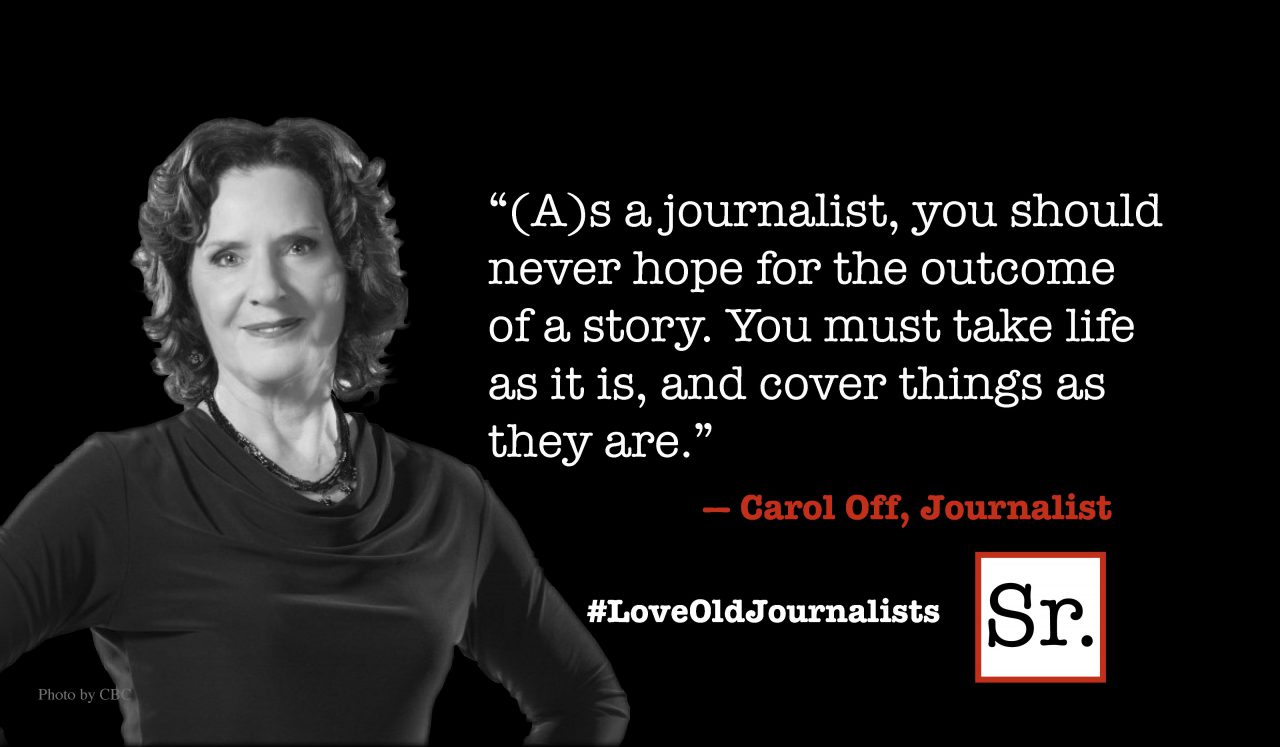The Vietnam War ended in a rout 40 years ago.
As North Vietnamese troops surged into Saigon in April 1975, Americans in the U.S. embassy fled to a rooftop helipad where they were evacuated to safety.
But the stampede in Saigon did bring an end to a war that left 58,303 Americans dead and 303,644 wounded. The Vietnamese casualties, North and South, were much higher.
Direct U.S. involvement in the war began August 10, 1964, with the Gulf of Tonkin Resolution. President Lyndon B. Johnson claimed the North Vietnamese navy attacked U.S. ships in the Gulf, which turned out to be untrue.
But Congress gave Johnson authority “to take all necessary action to protect our armed forces” from Vietnamese attacks.
Exactly one month later I joined the U.S. Air Force. I was assigned to a tactical nuclear base in England for three years. Working as a clerk-typist in the base chapel, I saw the growing effects of the Vietnam War from a distance.
Many of the pilots of the F-101 and F4-C fighter squadrons on the base attended chapel services, and I got to know them well. They were clean-cut, patriotic Americans who smiled and laughed and sat with their families in chapel.
But on occasion the pilots would disappear for weeks at a time. Their wives, carefully schooled in military discretion, merely smiled and said, “Oh, my husband will be back soon.” But they were clearly worried.
I asked the chaplain what was going on. He looked cautiously over his shoulder and said, “They’re on TDY [temporary duty assignment] to Thailand, for Vietnam.” For some reason that made sense to the Air Force, fighter squadrons from England were hopscotched halfway around the world to drop missiles and bombs on North Vietnam.
When the pilots returned home, they seemed different. They held their wives and children more tightly in chapel, and sometimes they sat alone staring into the distance.
“They’ve seen the war,” one of the chaplains explained to me. “But they can’t see where their bombs are exploding. They will never know who they killed or how many.” They were the instruments of destruction ordered by the president, who would himself be taunted for the rest of his term, “Hey, Hey, LBJ, how many kids did you kill today?”
In 1968 I was assigned to McConnell Air Force Base in Wichita, a Strategic Air Command base housing missile silos and B52 fighter bombers. Working again at the base chapel, one of my duties was to help reassigned Vietnam vets with their paperwork. Most of them were genial and stoic about what they had seen, but few of them said the war had been a good idea. “The war is a major foul-up,” one sergeant told me, using the coarser verb. He used the same word about his leaders. “____ LBJ. ____ McNamara.” By this time it was obvious that that neither President Johnson nor Secretary of Defense Robert McNamara had told the truth about Vietnam.
Years later I visited West Point and paid my respects to fallen soldiers buried in the academy’s hallowed ground. As I read the inscriptions on the graves, I was struck by the number of soldiers who died in Vietnam after 1967. That was the year McNamara concluded the war was unwinnable and had been a mistake — a point he never made public. Would these soldiers have died if he had spoken out? I remembered the sergeant’s curse, and repeated it under my breath. “____ McNamara.”
To my mind, that experience summarized the impact the Vietnam War had on U.S. attitudes and psyche.
It turned a hopeful nation into a nation of cynics.
It revealed that our political leaders were lying to us. McNamara and Johnson both assured us of progress in the war long after they knew it was unwinnable. The deceit was even worse during the Nixon years, as is obvious when his public statements about bombing targets in Hanoi and Cambodia are belied by his actual orders recorded on the Watergate tapes.
Because of Vietnam, one has to be a Senior Correspondent or older to remember a time when Americans trusted their leaders without reservation. The revelations of Vietnam have caused me to re-evaluate leaders in my own lifetime. It was Dwight Eisenhower who declined the urgent French request to support their army when it was defeated at Dien Bien Phu in 1954. And it was Eisenhower who urged Johnson not to get bogged down in a land war in Asia.
The experience of Vietnam also shined a harsh light on Congress, which continues to be rated among the least popular institutions in the U.S. Following the Gulf of Tonkin resolution, vague and expedient resolutions continued to give the president a free hand in Vietnam, which he used disastrously.
Be that as it may, it was also Congress that brought the war to a close 40 years ago.
“We ended the Vietnam War,” my former boss, Bob Edgar, said one day as I sat in his office of the National Council of Churches.
It was not an exaggerated claim. Bob, a United Methodist minister who was one of the “Watergate generation” of congressional representatives who decided to get active in politics to correct the excesses of Watergate, said his vote to end the war was one of his proudest moments.
In 1975, when it was obvious the North Vietnamese army was gaining on the south, President Ford asked Congress to increase aid to South Vietnam by $300 million.
“We said no,” Bob said. “Even right-wing Republicans knew by then that the war was hopeless. We [Democrats] said the allocation would have been immoral. The Republicans said it would be throwing money down the drain. And together we ended the war.”
The war ended as it began, amid false claims, miscalculations, and political chicanery. And ever since then, Americans have believed that is business as usual in Washington.
But I’d like to end on a higher note.
The late Marlin Van Elderen, an editor for the World Council of Churches, was a Vietnam veteran. Because of his skill with words, Marlin was assigned to draft statements and letters for a high-ranking general in Vietnam.
One day the general received a letter from the States complaining that there were “Communists” among the troops because a soldier had been photographed with a peace symbol inked into the webbing of his helmet.
“I drafted a letter for the general’s signature saying that all the troops in his command were patriotic Americans,” Marlin recalled. “And I added, ‘But I am also pleased to say that in the midst of this terrible war, my troops also see that our ultimate goal is peace.’
“And he signed it,” Marlin said. “That was my small contribution to American attitudes about the war.”









